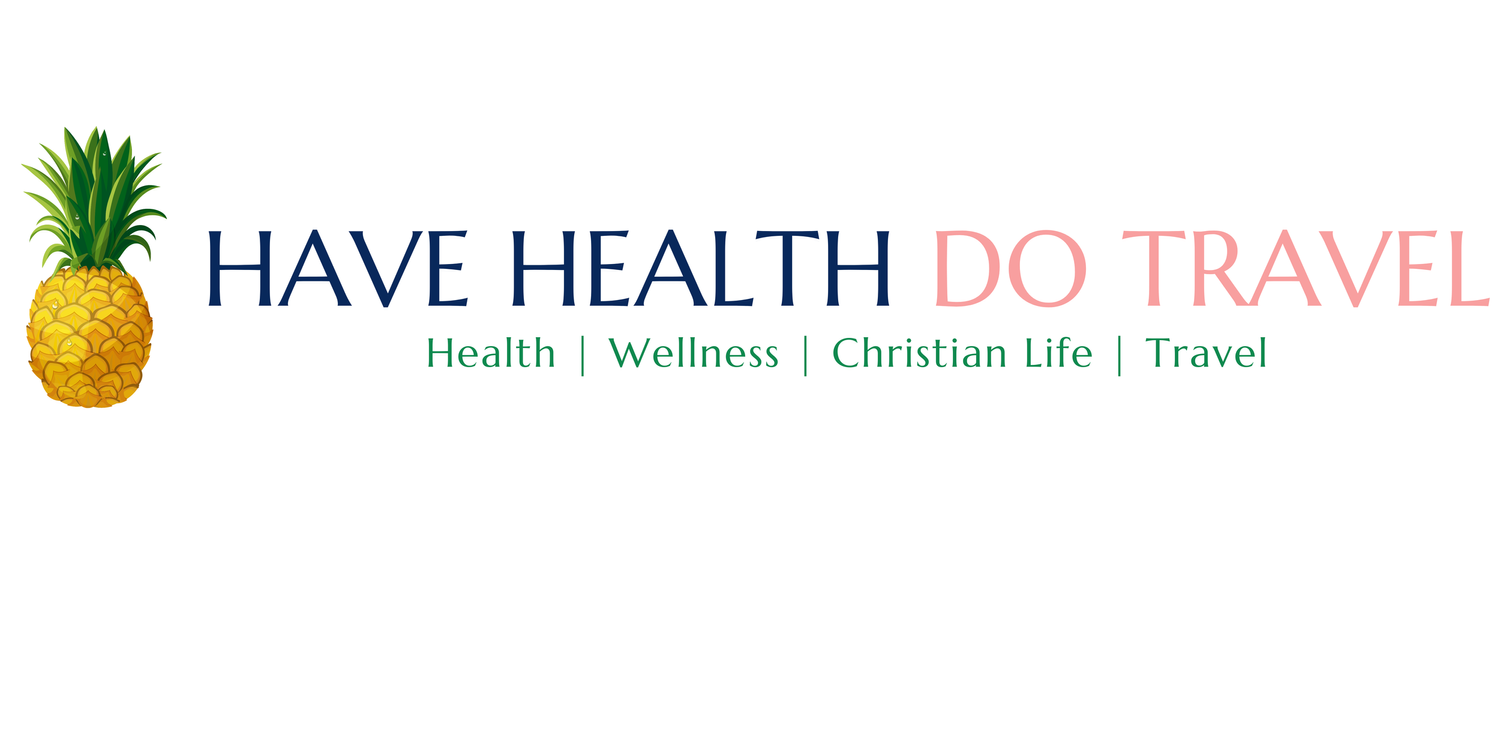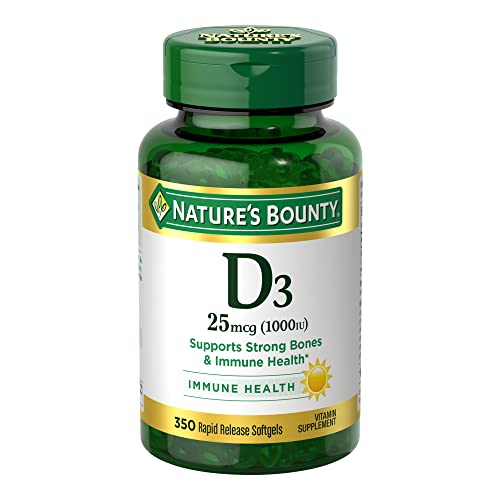Easy Daily Habits to Improve Your Health
This site contains affiliate links to products. I may receive a commission for purchases made through these links through no cost to you. However, this does not impact my reviews and comparisons. I highlight products I use and recommend to friends.
While it is easy to get wrapped up in formulas or methodologies for weight loss, I just want to impart 11 simple, easy ways to improve your health today and every day.
There is no real effort or inconvenience here, so there is no excuse not to try to incorporate some on a daily basis.
Do one, or do all of them, and you will give your body a boost.
1. Lemon water.
We are all thirsty when we wake up because we went 6+ hours without hydrating. Get a really cold glass of water and squeeze half a lemon in it.
This is excellent for your liver, and it loads you up with some vitamin C. There are many suggestions that lemons are a solid friend in the fight against cancer.
As I am not a scientist, I cannot attest to that, but the lemon is no doubt a nutritional powerhouse. This tip is easy because it’s delicious and refreshing, and it’s dang good for you.
2. Coffee, or if you prefer, tea.
Both drinks are loaded with antioxidants. While it behooves you to keep your caffeine consumption below 400 milligrams per day, or roughly four 8 oz cups of coffee, drinking under that threshold is good for your liver, your energy (obviously), your physical performance (having a cup before a workout is a good boost), and your risk for diabetes and dementia.
To increase the benefit, add some cinnamon. Cinnamon is anti-inflammatory, anti-fungal, anti-bacterial, and anti-viral. It is a prebiotic (see #10 for digestive health boosts) and lowers blood sugar and blood pressure.
As for tea, it is loaded with antioxidants, regardless of whether it is green, white, or black. Read more about tea’s health benefits here! Please note that for either drink, you should minimize the cream (use skim or 2% milk if you can) and added sugar.
And if you know nothing about tea but are looking for your perfect blend, find one tailored to your taste with this tea quiz!
3. Intermittent fasting.
There is increasing data supporting the health benefits intermittent fasting, which is just closing the kitchen after dinner and waiting to eating breakfast.
This benefits the lining of your gut, which is more important to overall health than you would think (see #10). There are different fancy formulas, but to simplify it, try to go 12 hours between your last meal and first meal. See #4 for an added boost.
4. Go for a walk, outside, before breakfast.
A brisk walk, even just around the block, gets your juices pumping. Combining the physical activity with the outdoors (which carries mental health and physical wellness benefits) on an empty stomach (per the intermittent fasting) is a one-two-three punch for your body.
5. Protein at breakfast.
The satiating benefit of protein is exacerbated early in the day. Try to get 20 – 30 grams at your morning meal, with some produce, of course.
As a side note: I am not a huge breakfast food person, so please don’t be put off by this suggestion. It’s perfectly acceptable to have zucchini noodles with some chicken and marinara for breakfast. Now don’t get me wrong – I like a good veggie omelet as much as the next gal, but when given the choice, I tend to prefer daytime food in the morning.
As an efficient 2-for-1 combination with #2, start your day with proffee! While I am not a fan of a portmanteaux, I do love this (i.e. protein shake/coffee).
I take a premade protein shake (this Quest one is one of my favorites because it’s clean protein with minimal sugar and a healthy dose of fiber…yet somehow is delicious) and mix half with a cup of coffee. This takes the place of both milk and sweetener, plus it pumps up your favorite morning caffeine with delicious protein! I tend to split the protein shake over two cups of coffee. Add to this a salad or some fruit for a breakfast of champions!
6. Take vitamin D.
Vitamin D does not commonly occur in food but rather is a little gift bestowed to us by the sun. If you work in an office, if you are in daylight savings time, if you are in a cold climate, well all those are reasons you could use a vitamin D boost. Ask your doctor about your D levels in your annual bloodwork and whether you would benefit from a supplement (and if so, how much). A general guideline is 600 IU per day for those under 70 years old, however more commonly it is recommended to get at least 2000 IU per day.
7. Put spice on your food.
Spices are tiny nutritional powerhouses, plus they make your produce really delicious. Also, the more herbs and spices you use, the less salt you need. A few to try:
Crushed red pepper: boosts metabolism and immunity with antioxidants and anti-inflammatory properties. Could also lower the risk of blood clots.
Turmeric: this seems to be nature’s cure-all. Thanks to curcumin as the main ingredient, turmeric is a powerful anti-inflammatory, which helps with a myriad of conditions, including arthritis. It also helps fight/lessen the effects of viruses, high cholesterol, cancer, acne, diabetes, depression, Alzheimer’s, and headaches.
Black pepper: antioxidants, anti-inflammatory properties, can improve cholesterol and blood sugar. Helps the body absorb nutrients.
8. Do a plank.
The humble plank is a real multi-tasker. Try to get in one or two minutes during a commercial, or while you’re waiting for something to come out of the microwave. In one move, you are working your shoulders, deep core (your transverse abdominus encompass both your abs and back and acts as a corset), glutes, and thighs. Plus it trains you to breathe properly.
If you want to build up your plank time and total body strength, sign up for my 30 Day Plank Challenge here:
9. Drink a glass of water before each meal.
Remember that sometimes when you think you are hungry, you are actually thirsty. Plus, water takes up real estate in your stomach before you start eating. A glass of water will be sure you are hydrated and will be full enough to not eat more just because it’s there.
10. Take a probiotic.
The importance of gut health is at the forefront of health studies these days. Probiotics feed the good bacteria in your digestive system, which is traditionally how they are valued, but now we are seeing the connection to other bodily systems. Probiotics are touted for improving mental health, immunity, heart health, weight loss, and allergy and eczema symptoms. Taking a daily probiotic is a boost to your overall system.
This one is my favorite - I cannot go overseas without it and rave about it to pretty much anyone who will listen. A nice bonus is that unlike a lot of probiotics, it does not require refrigeration!
11. Get vitamin C from food, not supplements.
Getting vitamins directly from the source is always more effective than from supplements. Nowhere is this more evident than with vitamin C. Scientists still do not know what is in the nucleus of vitamin C, so any supplement is synthetic. Whether you have a cold or are trying to prevent one, turn to real food. My personal favorites are broccoli, red bell peppers, and strawberries. Have a stir fry for dinner then strawberries for dessert. I swear by this method for getting rid of a cold quickly.
See, these are simple tools you can incorporate into your everday life to improve your health.











